SciPost News
Previous Page 10 of 13. Next Go back to the homepage.
Private benefactor provides a substantial donation to SciPost
12 November 2018
SciPost is extremely pleased to have received a substantial donation of over 30k€ from a private donor. The timing of this generous gift could not have been better chosen: our activities are currently scaling up and we need to expand, but are still very busy trying to gather sufficient institutional support. With this gust of wind in our sails, we can accelerate the implementation of a number of projects and improvements to the portal. The SciPost Foundation expresses its warmest thanks to this benefactor for this subsidy, the second-largest we have received until now.
See our full list of subsidiesSelect label to Bauer et al.
24 October 2018
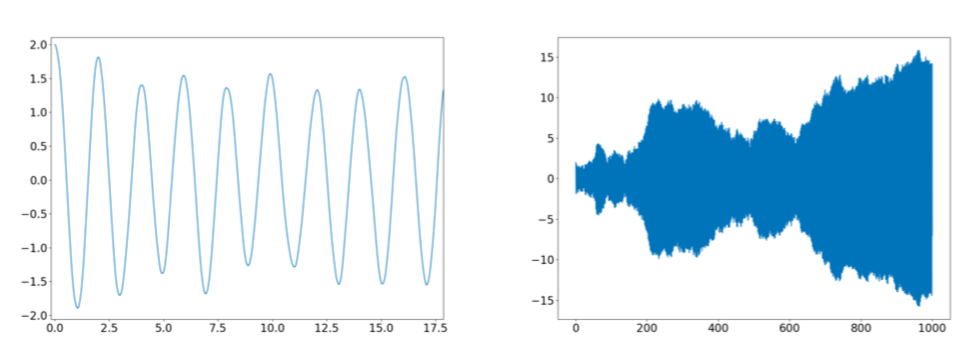
"Monitoring continuous spectrum observables: the strong measurement limit" by Michel Bauer, Denis Bernard, Tony Jin has received the Select label.
When monitoring quantum observables with continuous spectrum, the
internal system evolution can compete with the measurement process. This
competition induces a peculiar stochastic dynamics of the systems states
which needs to be deciphered. In this well written and didactic paper, the
authors rigorously formulate this challenging problem and study strong
measurement limits. The analysis developed in this paper is expected to
motivate further mathematical work based on the author’s approach, and a
discussion can be started in the field.
Select label to Butter et al.
26 September 2018
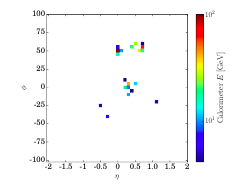
"Deep-learned Top Tagging with a Lorentz Layer" by Anja Butter, Gregor Kasieczk, Tilman Plehn and Michael Russel has received the Select label.
Deep learning techniques based on low-level detector output are a promising new way to identify patterns in proton collision data at the LHC. They will, for example, allow us to identify the elementary particles making up so-called jets. This paper introduces a novel tagger that can identify boosted decaying top quarks using a set of measured four-momenta. It first shows that such taggers will outperform established techniques in a realistic detector environment. In addition, it traces the relevant patterns to the particle masses involved, extracted through the appropriate Minkowski metric.
Two-year anniversary of SciPost Physics
14 September 2018
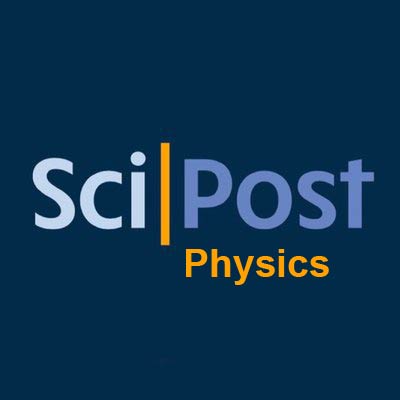
Quantum quenches to the attractive one-dimensional Bose gas: exact results by Lorenzo Piroli, Pasquale Calabrese, Fabian H. L. Essler was the first article published in SciPost Physics, exactly two years ago. Since then, many scientist have joined the SciPost family, supporting more transparent and efficient scientific publishing models. We want to give a big thank you to all of them for believing in our initiative! But the journey continues. Take this opportunity to support our initiative by encouraging your institution to join our Supporting Partners Board, by submitting your article with us, or by signing our petition.
Heidelberg becomes a SciPost Supporting Partner
28 August 2018
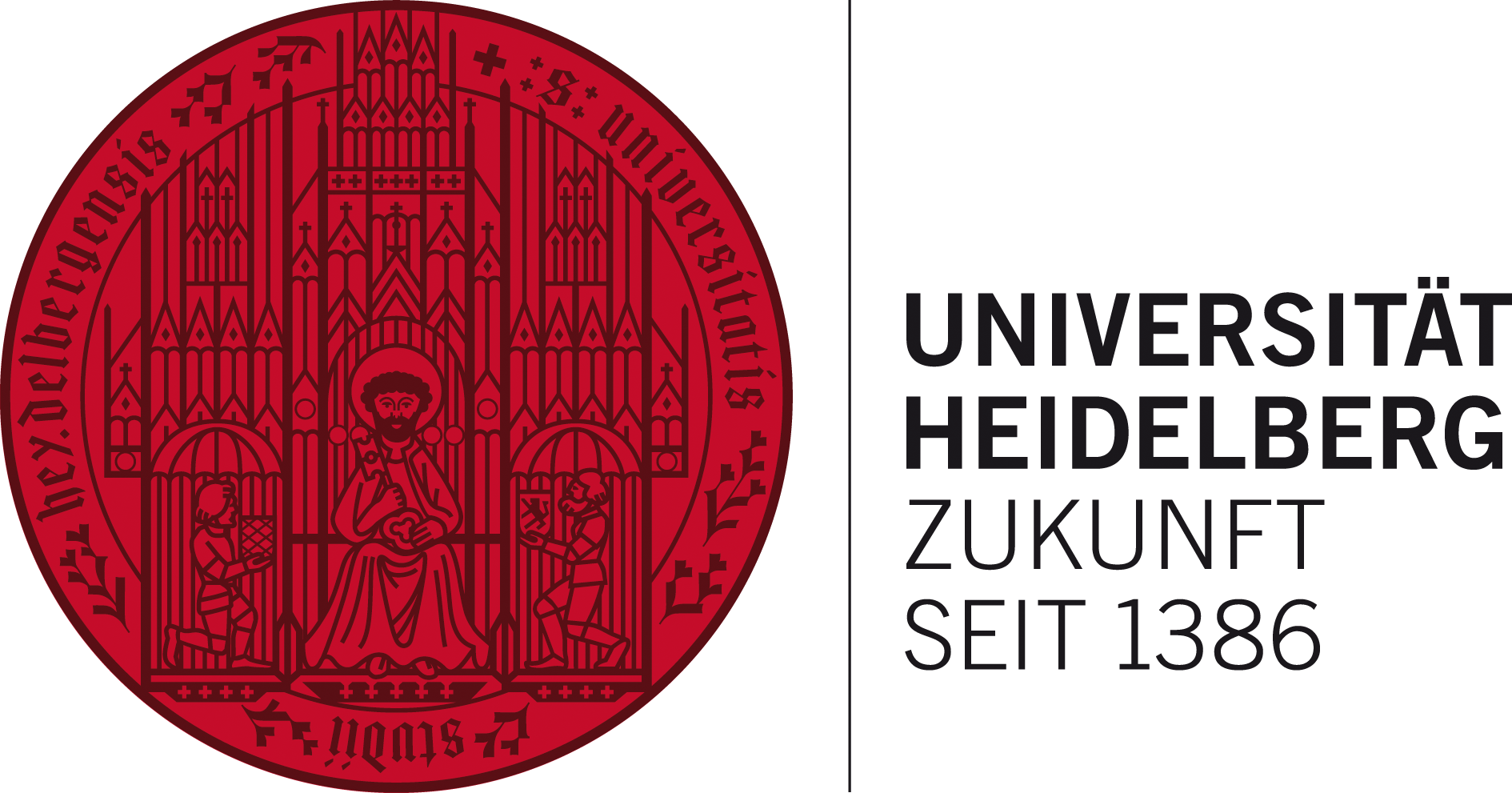
It is a pleasure for SciPost to welcome the University of Heidelberg as its latest Supporting Partner. We are very grateful to this institution and its local scientists for backing our model and giving fuel to our current Expansion and Sustainability Drive.
Select label to Jensen
3 August 2018
"On the coupling of Galilean-invariant field theories to curved spacetime" by Kristan Jensen has received a Select label.
This study presents a novel way to solve the problem of coupling Galilean-invariant quantum field theories to a fixed spacetime, which is very important for the Quantum Field Theory applications to condensed matter systems. The author shows that Newton-Cartan geometry subject to the shift symmetry arises in null reductions of Lorentzian manifolds. Thus, his proposal is realized for theories which are holographically dual to quantum gravity on Schrodinger spacetimes. He uses this null reduction to efficiently form tensorial invariants under the boost and particle number symmetries. They also explore the coupling of Schrodinger-invariant field theories to spacetime, which would necessitate the Newton-Cartan analogue of Weyl invariance. The clear exposition and solution presented expands on previous work, providing many sanity checks and find a new way to relates his construction to null reductions of Lorentzian manifolds, which is conceptually important and of great help in relating these sorts of non-relativistic constructions to better understood physics on Lorentzian manifolds.
Full articleSelect label to Bertone et al.
25 July 2018
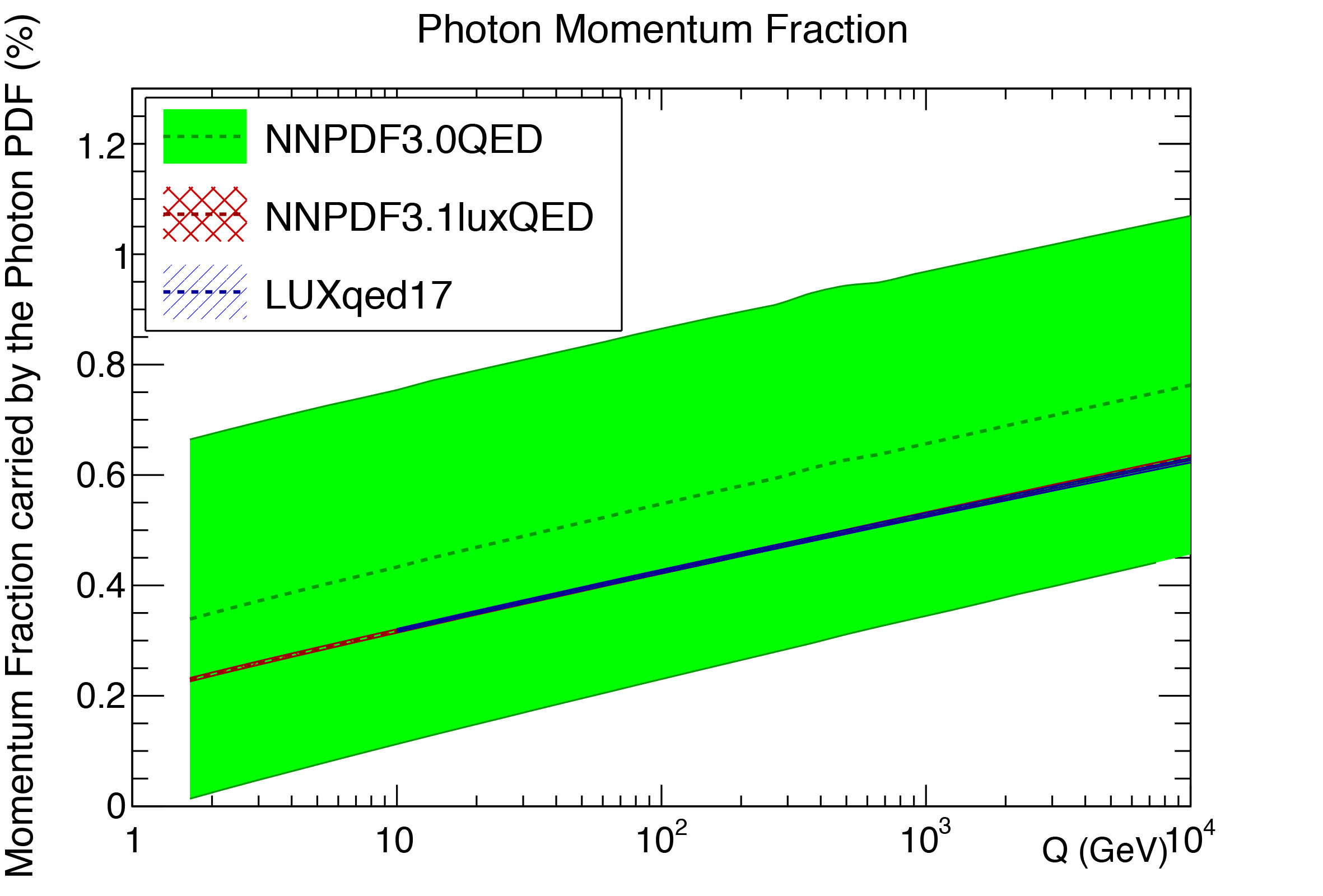
"Illuminating the photon content of the proton within a global PDF analysis" by Valerio Bertone, Stefano Carrazza, Nathan P. Hartland and Juan Rojo has received the Select label.
This study tackles the precision issues caused at the LHC by the photon content of the proton, where it is found that corrections of up to 20% might be needed in many processes due to photon-initiated contributions. For the first time, the authors used the LUXqed formalism combined with the global NNPDF analysis framework. By combining these two methods, a state-of-the-art description of the photon content within the proton can be achieved, and the precision of theory predictions of LHC processes can be highly improved. Moreover, the authors consider the implications of this study in a range of phenomenological applications, which is particularly interesting for the interpretation of present and future LHC measurements.
First Select label given to a SciPost Physics article
21 July 2018

"Phases of adjoint QCD3 and dualities" by Jaume Gomis, Zohar Komargodski and Nathan Seiberg is the first SciPost Physics article to receive the Select label.
This is an exploration of the phase diagram of three-dimensional gauge theory, both for large and
small fermion masses. It is particularly tricky to obtain the phase diagrams for small masses, where
quantum effects start to dominate. By applying general considerations of symmetries, anomalies
and renormalisation group flows, the authors identified a hidden “quantum phase” in between the
two semi-classical phase regions. This leads to the existence of certain dualities, for which the authors provide compelling evidence. Using a Chern-Simons term coupled to an adjoint Majorana fermion, the
authors are able to successfully create a convincing phase diagram for three-dimensional gauge
theory.
SciPost Physics begins awarding Select distinctions
20 July 2018

In order to recognise the value of particularly impactful and high-quality submissions to SciPost Physics, we are happy to present the "Select" label to our readers. This label, to be assigned to a small subset of articles accepted for publication in Scipost Physics as determined by our Editorial College, is meant as a recognition to the authors for demonstrating top-level academic standards in their submission, and in their responses to our stringent peer-witnessed review process. SciPost Physics papers labelled as "Select" will be given additional attention in all our communication channels (twitter, news, newsletters, etc.). The first deserving articles are ready for publication, so stay tuned!
Vrije Universiteit Amsterdam joins the Supporting Partners Board of SciPost
10 July 2018

We are extremely happy to announce that the Vrije Universiteit Amsterdam is now backing our efforts to establish truly open science publishing. The VU has decided to financially support SciPost for the next 3 years with a yearly contribution of € 1,000. Many thanks!
Support agreements like this are what keep SciPost in position to keep publishing quality science free of charge for both authors and readers worldwide.
Previous Page 10 of 13. Next Go back to the homepage.
